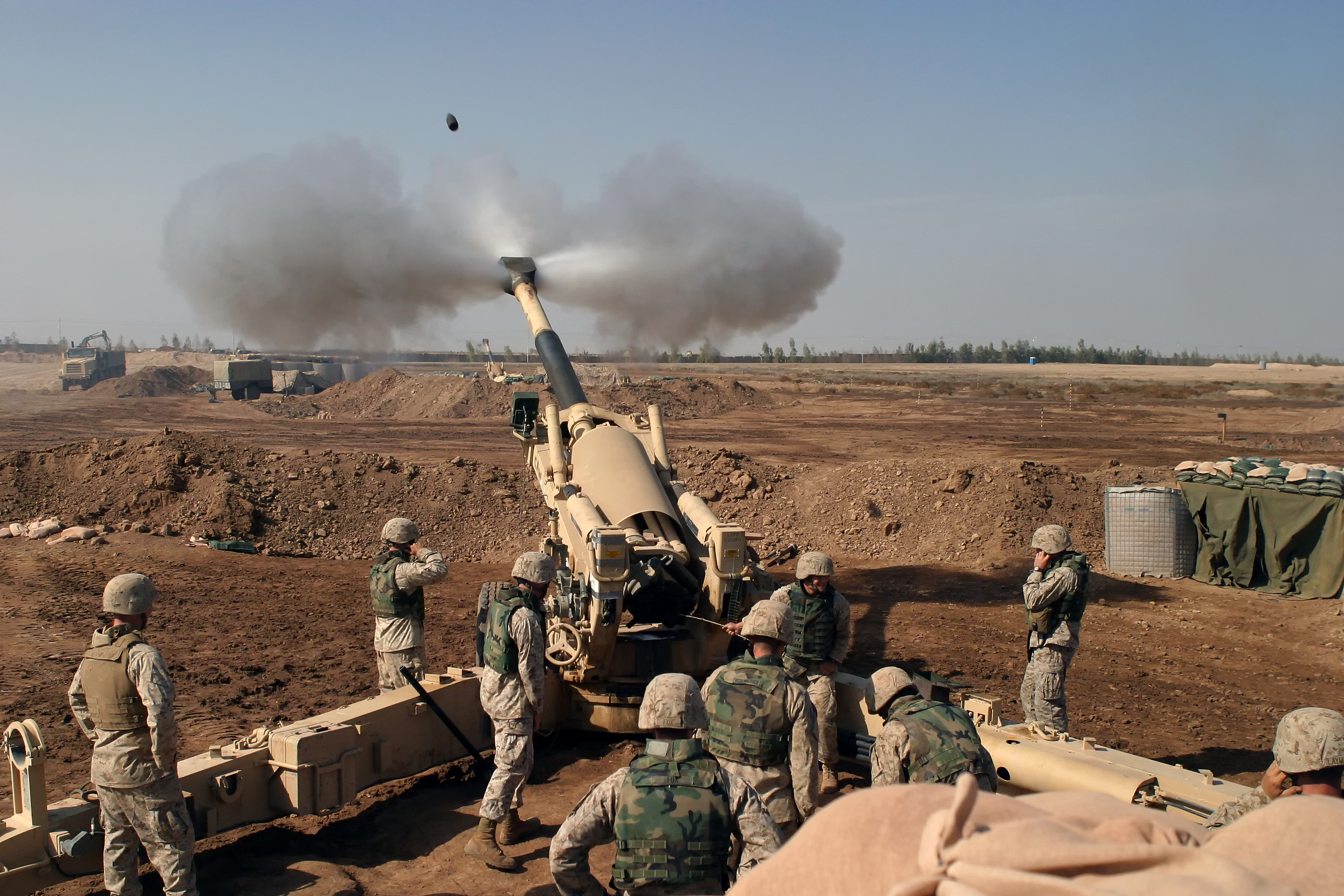By guest author Dean Hammer, Psy.D.

The escalation of drone warfare by the Obama administration is not being scrutinized by the same moral compass as the rampage of Robert Bales.
Conservative estimations indicate that there have been minimally three to four hundred innocent civilians killed by drone assassinations.
The public is dealt the expected rationalizations. We are told that these military interventions are sanctioned as “acceptable risks” in the war against terror. The mounting civilian deaths are written off as “collateral damage” and “incidental killing.” Unlike Bales, who was acting with severe cognitive deficits, Obama appears to be an intelligent person with intact cognitive capacities.
So how do we understand the errant leadership of those justifying the drone killing fields? In 1835, physician James Cowles Prichard coined the term “moral insanity” to denote abnormal emotions and behavior in the apparent absence of intellectual impairments. He highlighted that this type of madness entailed morbid perversion of feelings, habits, and moral behavior.
The construct of moral insanity helps us to understand a dimension of the impaired leadership of our government. Faithful peace activists continue to challenge the drone assassinations (e.g., the ongoing resistance campaign at Hancock Air Base in Syracuse, NY). However, the steamrolling of our government’s war machine threatens to overshadow the protesters’ voice of sanity.
As electoral fever mounts, the electorate has a critical responsibility to raise questions regarding the immorality of drone warfare. Amidst the cacophony (the “droning,” if you will) of the debates between Obama and Romney, we need to put them to the test to see if either recognizes that drone warfare is unacceptable and insane behavior.
The Fourth Geneva Convention (adopted by the United Nations in 1949) grew out of the bloody wars of the 20th century. This body of international law mandates the protection of civilian populations in war zones. These codes of ethics are a critical safeguard against falling into the clutches of a collective form of moral insanity.
Reclaiming an ethical plumb line that includes the protection of innocent civilians is essential to any sense of true democracy and sanity.
Dean Hammer practices and teaches clinical psychology in Vermont and New Hampshire. He is a member of Psychologists for Social Responsibility. Contact information: dhammer2@tds.net



